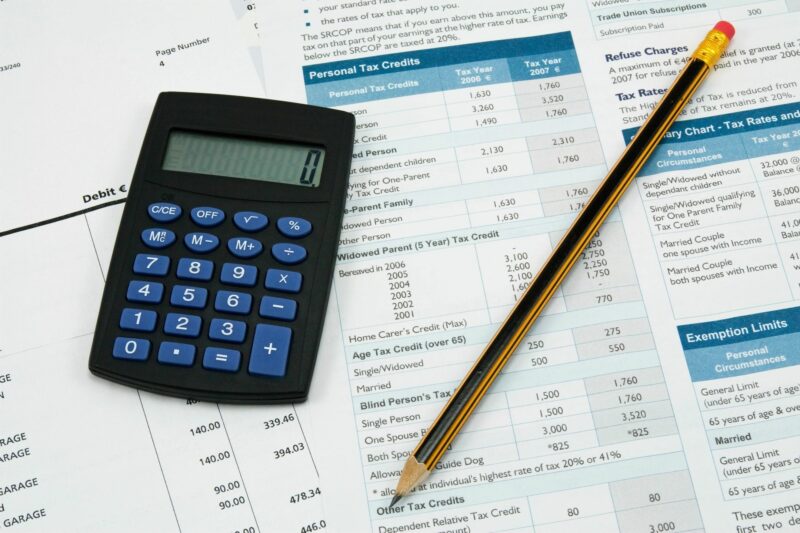Planning and putting money into a long-term investment strategy can be extremely rewarding and fulfilling if done right, but it can also be extremely daunting if unsure of how to prepare in the correct way. Thinking of taking your next big financial step, and investing some of your money? Here are some helpful ways to correctly prepare yourself for a long term investment.

Decide on your long term aims and goals
This is the pretty self-explanatory bit, and you’d probably be able to guess that it’s the best place to start. Figuring out precise investment goals – whether that be financial or otherwise – will then give you a better understanding of what you want to work towards in the long run, and when you’ve been successful enough that you can call it a day and cash out of your investment with no regrets.
If you’re trying to build an investment portfolio, planning ahead will also help you to ensure that the things you’re putting money into aren’t conflicting with one another. If you’re building to create a diversify, for example, you might want to put money into two completely separate asset types, but not two that rely on the failure of each other.

Use the relevant tools available to you
Another useful step that you might want to take when investing is to look at some of the different costs and figures involved, and try to figure them out/educate yourself on them in advance so that you’re not caught off guard down the line when payments and charges begin to arise.
If looking into invest in the property market, for example, as well as thinking about the type of property that you want to put your money into, or the type of tenant that you want to attract (if looking into buy-to-let), you’ll also want to consider some of the costs involved with the process, and how much you’ll actually make in a secondary income along the way – through rental yields etc. once mortgage payments and other fees have been subtracted.
As an example, property investment company RWinvest offer stamp duty, mortgage, and rental income calculators, baked-in to their website in order to help answer some of the questions that those interested might have, and there are plenty of similar tools available from companies in other fields dependant on what you’re interested in
Don’t be afraid to commit to a long-term purchase
It might be difficult to grasp and a bit uncomfortable as a first-time investor, but it’s important to understand that long term strategies probably won’t start earning you money straight away, and in fact it’s normal for there to be plenty of bumps in the road along the way. If you’re confident about the prospects of your investment, don’t be afraid to back the decision you’ve made for the long run.
One the flip side of this, however, while some investments might have initial incentives and bonuses to entice you into commitment, there are no guarantees long term, and so if something starts to not pan out the way you originally thought, and is at risk of losing you money, you should also not be scared to cut your loses and cash out before it’s too late. These sorts of issues can vary depending on how the volatile the market is that you’re invested in. If you want something more secure that you can invest in long-term without it fluctuating in price as much, perhaps look to something tactile like again a secure property area – that is if you’ve got the right amount of capital.


